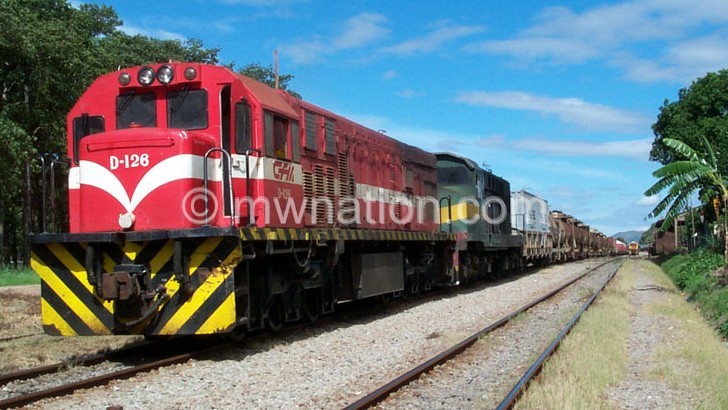Nacala underutilisation threatens 12 390 jobs
Despite the cost of competitiveness of rail than road transport, volume growth in transit cargo, best suited for transport by rail and destined for landlocked Malawi, continues to remain low.
According to the Nacala Corridor and Port Performance Assessment Report of February 2018, the underutilisation of the corridor threatens 12 390 jobs.
The performance assessment, which has been at the request of the United States Agency for International Development Mozambique Mission, in Malawi, the cost savings for the year 2020, resulting from switching to rail, amount to nearly $4.2 million.
However, the total volume growth of transit cargo has been less than impressive, growing at an average annual growth rate of just 1.7 percent from 2007 to 2016 while transit cargos to Malawi dropped from 22.5 percent of total volumes to 15.2 percent or less over this period.
In contrast to overall traffic volumes, transit traffic remained more or less the same from 2014 to 2016.
“It is projected that this surplus production will lead to the creation of 12 390 jobs and the additional income per worker or smallholder producer for each job created is estimated to be $180 with the sugar sub-sector benefitting the most,” reads the report in part.
Central and Eastern Africa (Cear) communications manager Chisomo Mwamadi said in terms of marketing the corridor, the company is erecting warehouses at origin and sources, reducing freight rates as well as beefing up high security for transit cargo in a bid to improve utilisation.
Ministry of Transport and Public Works spokesperson James Chakwera recently said Malawi is pushing for improved utilisation of the corridor to ease dependence on roads.
For Malawi, Nacala Corridor provides short access to the sea. The Corridor stretches from Chipata, Zambia, passing through Liwonde in Malawi to the Indian Ocean.
Malawi will be earning $50 million per year through concession fees, and the fruition of this project could mean the country would increase its imports and exports and reduce the cost of transportation.





